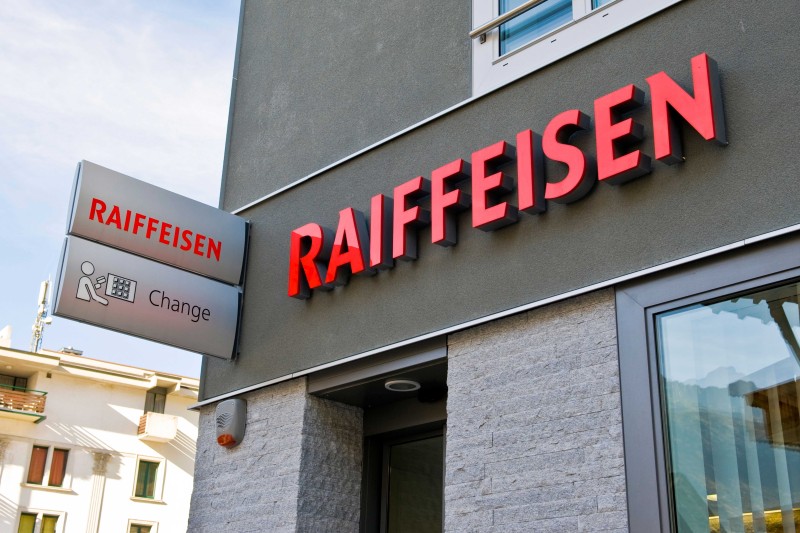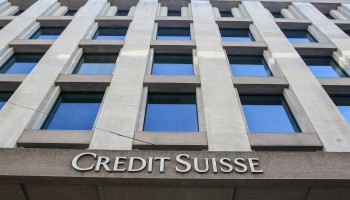Authorities in Zurich have confirmed that they searched the offices of the Swiss financial news outlet Inside Paradeplatz and the home of its editor, Lukas Hässig, as part of a criminal investigation into possible violations of Switzerland’s strict banking secrecy laws.
The Zurich Public Prosecutor's Office is investigating whether Hässig disclosed confidential banking information in his 2016 reporting on Pierin Vincenz, the former CEO of Raiffeisen bank, and his adviser, Beat Stocker. Both men were later convicted on multiple charges, including fraud and mismanagement.
"Evidence was collected at the beginning of June," Erich Wenzinger, spokesperson for the Zurich Prosecution Office, told the Organized Crime and Corruption Reporting Project (OCCRP) on Tuesday. He said the investigation is ongoing and involves suspicion of breaching banking secrecy laws.
According to Hässig, the accusations originated with Stocker as early as 2017. In a statement on Monday, he said police seized his laptop, mobile phone, and several documents during the search. “The prosecutor in charge of the case and half a dozen police officers searched the station and then the journalist’s private home,” he wrote.
Switzerland’s Federal Act on Banks and Savings Banks criminalizes the disclosure of confidential banking information, including account data and transactions. Violations are punishable by up to five years in prison or a fine.
The law has been applied against a media outlet only once before - nearly 30 years ago. Then 10 years ago it has been made stricter.
“The police action against Lukas Hässig is the first time the stricter banking law has been used against the media,” Oliver Zihlmann, from the investigative outlet Tamedia, wrote in a commentary. “The case acts as a deterrent for the entire industry,” he warned.
The law has long faced international criticism for restricting press freedom. It came under renewed scrutiny in 2023 after the previous year Suisse Secrets, a global media investigation that analyzed a leak from Credit Suisse, was published. The reporting revealed that the bank had serviced autocrats, drug traffickers, and individuals linked to human rights abuses.
The controversial Article 47 of the law drew as much global condemnation as the revelations themselves. Because of the article, Swiss journalists were forced to drop out of the project or risk criminal prosecution.
The backlash prompted a parliamentary review of the law, but lawmakers ultimately chose not to repeal it.






